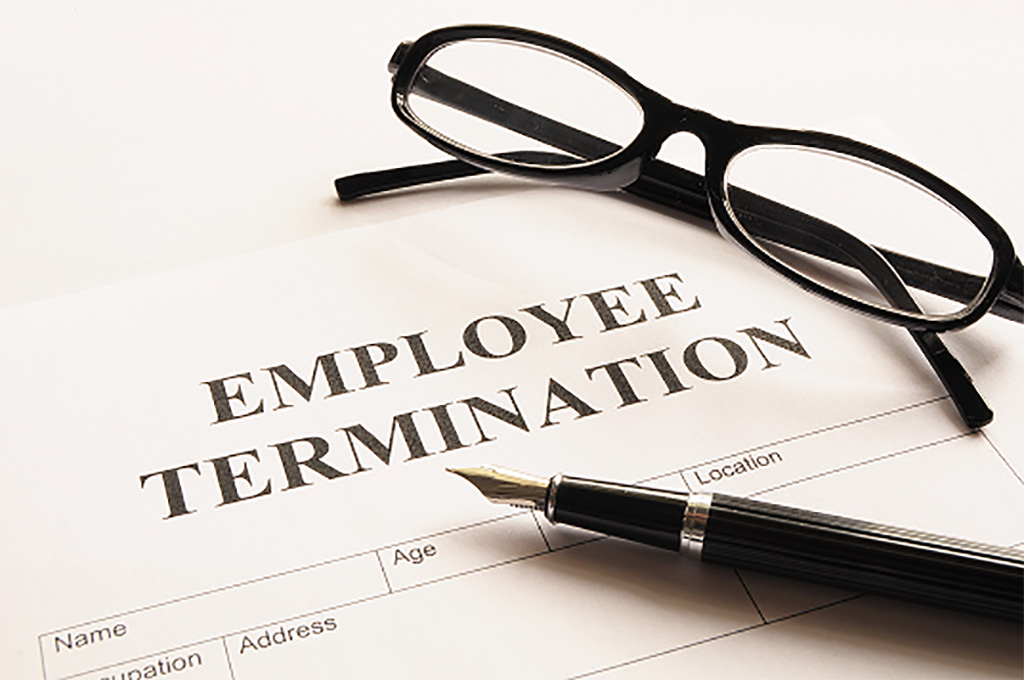May an Insurance Company Refuse to Provide Coverage if it Gets Late Notice of a Claim but is not Harmed by the Late Notice?

All insurance policies require a policyholder to provide notice to the insurer, and the policyholder should always provide prompt notice in writing to the address and in the form the policy requires. The consequences of failing to provide timely notice, however, depend on the type of policy. A “claims-made-and-reported” policy provides coverage for a claim […]
Can An Arbitration Provision in a Contract Be Enforced by a Non-Signatory?

A plaintiff who signed a contract which contains a mandatory arbitration clause may think that a defendant who did not sign the contract cannot enforce that clause. That plaintiff may not necessarily be right. Courts in Massachusetts have recognized a variety of theories through which a non-signatory to a contract may be able to enforce […]
Can you Bring a Claim Against Someone who Lies During Litigation?

Litigation is frustrating for a host of reasons, but one of the most frequent complaints of clients is that lawyers and witnesses misrepresent the facts and there seems to be little accountability or consequence. Part of the reason is the litigation privilege. The litigation privilege generally precludes civil liability based on statements by a party, […]
Who Can Represent a Corporation or LLC in Court in Massachusetts?

While individuals may represent themselves in court in Massachusetts, corporations and LLC’s are considered business entities and are required by well-established case law to have a licensed attorney represent their interests in judicial proceedings in Massachusetts. This means that an officer, manager, owner, shareholder or employee is not allowed to file any pleadings or appear […]
Is State Court A Better Investment than Federal Court?

A plaintiff who is owed money by a defendant often laments that it gets wronged twice – by the failure to pay in the first instance and by the subsequent delay in paying the money through litigation. The judicial system recognizes the impact caused by the delay and awards a plaintiff interest upon a successful […]
Employers Beware – Last Day Must be Pay Day for Terminated Employee

Massachusetts employers beware: when you terminate an employee, you must pay the employee in full on the employee’s last day of work for all accrued wages, including any accrued vacation pay. Anything less will subject you to triple damages for anything you fail to pay plus attorney’s fees. This past April, the Massachusetts Supreme Judicial […]
What Do I Need to Show to Bring a Class Action in Massachusetts?

You have likely heard that some legal claims may be brought in a format called a “class action,” in which certain named individuals bring a lawsuit on behalf of a large number of people who all have similar claims against a defendant. There are certain criteria that must be met, however, before a group of […]
May a Landlord Evict a Tenant for Perpetually Paying the Rent Late?

The answer: it depends. Under Massachusetts law, courts retain considerable equitable power to refuse to order a forfeiture of leased premises even if the tenant repeatedly violates the lease. A Superior Court judge recently applied this doctrine to deny an eviction order to the landlord where the tenant, a North End restaurant, habitually paid the […]
If a Contract Includes an Indemnification Clause, Will a Claim for Breach of that Contract Require the Loser to Pay Attorneys’ Fees?

Indemnification clauses are quite common in commercial contracts. In essence, the clause requires one party to protect the other by defending against claims and covering any liability arising from those claims. Not all clauses are alike, however, so it is important to carefully review the language to understand the scope. One critical issue is whether […]
I filed a Lawsuit. Can I get the Court to stop the Defendant from Taking Certain actions while the Litigation is Pending?

Typically, a court will only issue an order restraining a defendant from engaging in certain conduct at the conclusion of the litigation, once the plaintiff has proven his or her case. However, in certain situations, a plaintiff can obtain what is called a “preliminary injunction” early in the case. A preliminary injunction is a court […]
